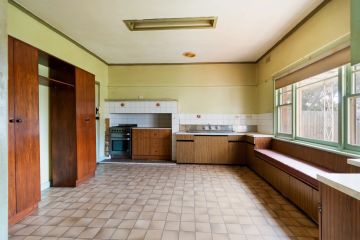Good news for first-home buyers: The time it takes to save for a house deposit in Australia has plummeted
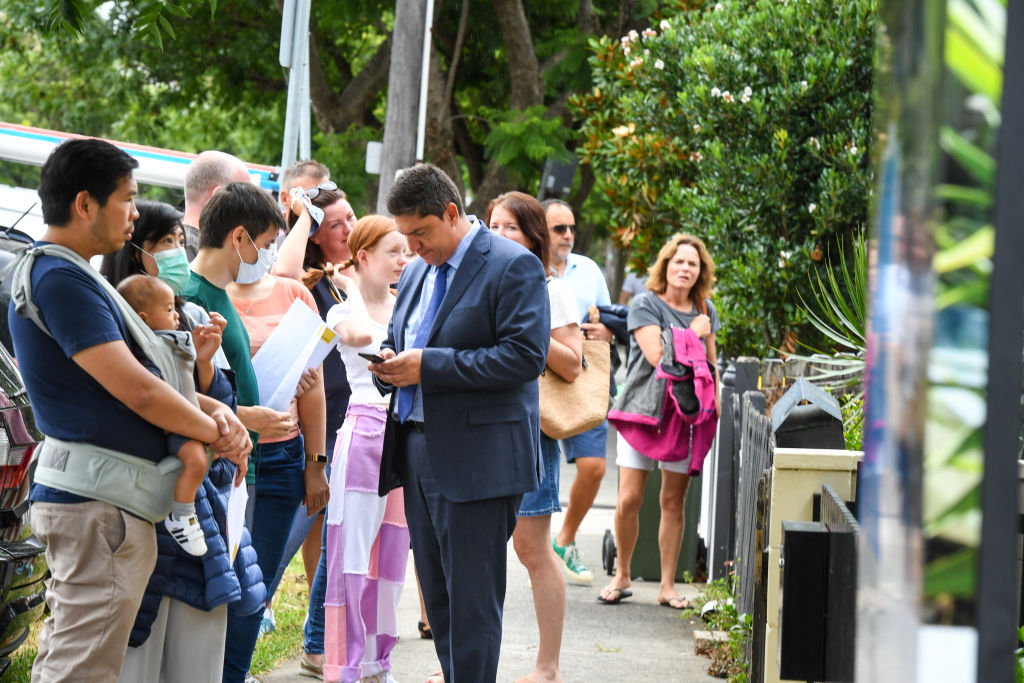
In the first good news for first-home buyers since mortgage interest rates started their steep ascent in May 2022, a new Domain report has revealed that the time it will take them to save a deposit for a home has plummeted.
In both Sydney and Canberra, it’s now 13 months quicker than it was this time last year to hit the 20 per cent deposit figure for an entry-level house for a couple aged between 25 and 34.
In Brisbane it’s 11 months less, in Melbourne and Darwin nine months less, in Hobart it’s shorter by four months, and by just a month in Perth.
Only in Adelaide has the saving time not decreased; actually rising by one month, according to the Domain First Home Buyer Report.
“For everywhere else, it’s a story of the stars aligning – at last – for first-home buyers,” said Domain chief of research and economics Dr Nicola Powell.
“The biggest hurdle to breaking into the housing market for first-home buyers is saving the deposit as it’s such a significant sum of money.
The time to save for a 20% deposit on an entry-level house for a couple aged 25-34 |
|||||
|
Area
|
Time to save | ||||
| 2023 (Feb-23) |
Pre-cash rate hikes (Apr-22) | A year ago (Feb-22) |
Pre-pandemic (Mar-20) |
5 years ago (Feb-18) |
|
| Sydney | 6y 8m | 8y 1m | 7y 9m | 6y 0m | 6y 4m |
| Melbourne | 5y 7m | 6y 6m | 6y 4m | 5y 9m | 5y 9m |
| Brisbane | 4y 0m | 5y 2m | 4y 11m | 4y 4m | 4y 2m |
| Adelaide | 4y 9m | 4y 10m | 4y 8m | 3y 10m | 3y 9m |
| Perth | 3y 7m | 3y 9m | 3y 8m | 3y 4m | 3y 8m |
| Hobart | 5y 8m | 6y 1m | 6y 0m | 4y 3m | 3y 6m |
| Darwin | 3y 6m | 4y 5m | 4y 3m | 3y 5m | 3y 4m |
| Canberra | 6y 0m | 7y 2m | 7y 1m | 5y 0m | 4y 10m |
| Combined capitals | 5y 3m | 6y 2m | 6y 0m | 4y 6m | 4y 3m |
| Combined regionals | 3y 10m | 3y 11m | 3y 10m | 3y 3m | 3y 2m |
| Australia | 4y 11m | 5y 7m | 5y 5m | 4y 2m | 4y 0m |
“So the fact that there’s been some reduction in the time that it takes is very good news. It still takes a long time – six years and eight months on average in Sydney and six years in Canberra – but any reduction is to be welcomed.”
The reason for the drop in time is a combination of a number of factors.
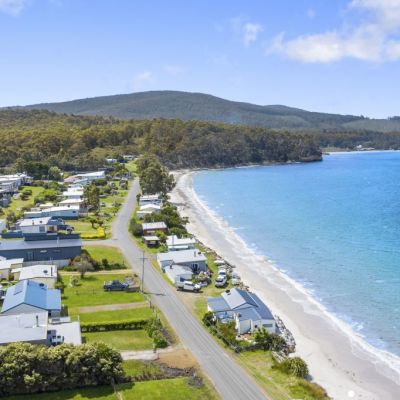 Southport, Tasmania: The southernmost township in Australia, where you can buy oceanfront property for $425,000
Southport, Tasmania: The southernmost township in Australia, where you can buy oceanfront property for $425,000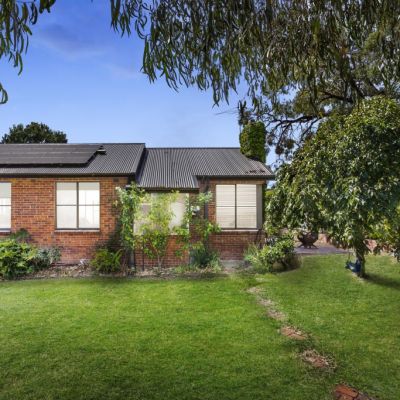 Where to buy a home in Sydney or Melbourne on a Brisbane-sized budget
Where to buy a home in Sydney or Melbourne on a Brisbane-sized budget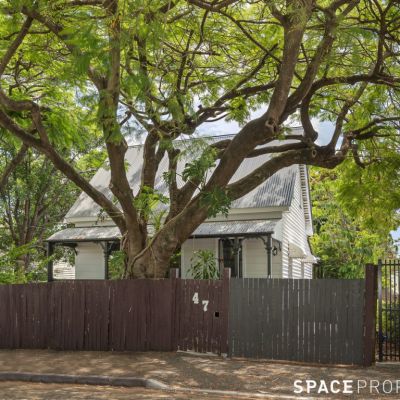 Surprising suburbs where you can still buy for less than $1 million
Surprising suburbs where you can still buy for less than $1 million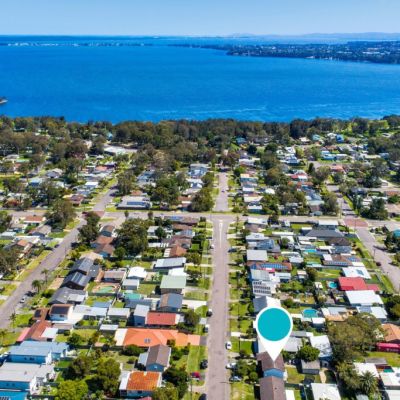 The NSW suburbs where first-home buyers can buy for less than $800,000
The NSW suburbs where first-home buyers can buy for less than $800,000
Although rising interest rates have served to restrict the size of loans for first-timers, they’ve also been a driver of a softening of prices nationally, as well as deterring buyer competition from, for instance, investors.
In addition, higher rates have meant more interest paid out on savings accounts and, with employment at record highs, wages have slowly been growing to boot.
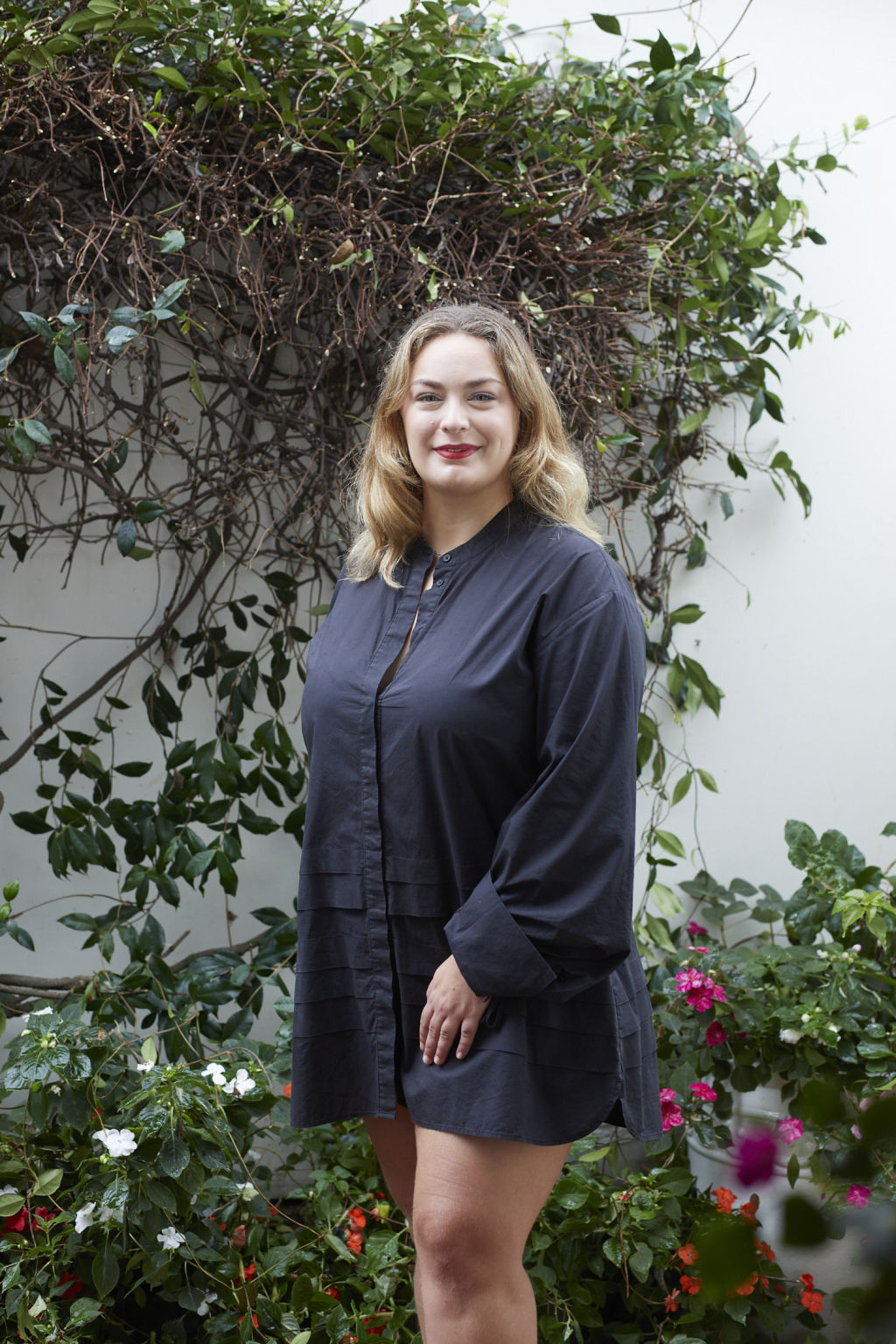
Sydney engineer and prospective first-home buyer Sera Tarpis says while any improvement in financial circumstances is a clear benefit, she’s still finding it very challenging to enter the property market.
She’s been searching for the past eight months to find something affordable to buy in the inner west and after being outbid at multiple auctions has now moved back in with her parents in Sydney’s north-west to try to save up faster.
“Any good news that might make it easier to buy for first-home buyers is always welcome,” said Tarpis, 25. “But it’s still very hard.
“There’s a lot of competition for each place and I’m really limited by my budget of $650,000 to $700,000.
“I don’t want to compromise on my budget or on things like wanting to live close to a station or in an area where other young people live. You end up having to look for a fixer-upper or to expand your search into other suburbs around Sydney.”
For those buying units, the news is also generally good.
Sydney and Melbourne saw the biggest contractions in the time it would take to save a deposit, both of eight months, with Sydney first-time buyers now taking four years and seven months to raise the deposit and those in Melbourne, three years, seven months.
In Canberra, savers would have to save for three months less than last year and in Perth, two months less.
However, in Adelaide again, and joined by Darwin this time, the deposit saving time rose by two months.
The time to save for a 20% deposit on an entry-level unit for a couple aged 25-34 |
|||||
|
Area
|
Time to save | ||||
| 2023 (Feb-23) |
Pre-cash rate hikes (Apr-22) | A year ago (Feb-22) |
Pre-pandemic (Mar-20) |
5 years ago (Feb-18) |
|
| Sydney | 4y 7m | 5y 3m | 5y 3m | 5y 4m | 5y 7m |
| Melbourne | 3y 7m | 4y 3m | 4y 3m | 4y 3m | 4y 2m |
| Brisbane | 3y 5m | 3y 7m | 3y 5m | 3y 4m | 3y 6m |
| Adelaide | 3y 2m | 3y 1m | 3y 0m | 2y 7m | 2y 11m |
| Perth | 2y 3m | 2y 6m | 2y 5m | 2y 5m | 2y 8m |
| Darwin | 2y 6m | 2y 9m | 2y 8m | 1y 11m | 2y 4m |
| Hobart | – | – | – | – | |
| Canberra | 3y 7m | 3y 10m | 3y 10m | 3y 5m | 3y 5m |
| Combined capitals | 3y 9m | 4y 1m | 4 y 0m | 3y 5m | 3y 4m |
| Combined regionals | 3y 1m | 3y 3m | 3y 1m | 2y 10m | 2y 10m |
| Australia | 3y 7m | 3y 10m | 3y 9m | 3y 3m | 3y 2m |
Darwin is now the city in Australia where a house deposit can be saved the quickest, at three years, six months, while Perth offers the fastest route into unit ownership, with a saving period of two years and three months.
In Sydney, where it takes the longest to save deposits for both houses and units, Richardson & Wrench Marrickville Real Estate principal Aris Dendrinos says despite the biggest falls nationally in those saving periods, local first-home buyers still need to be ready to be flexible in their expectations.
“It can be very hard if first-home buyers want to buy the home in their favourite suburb in one step, instead of in two and a half, when they’re older and might have a partner to buy with,” he said.
“I think there are a lot of opportunities out there but you have to be adaptive. You might be trying to buy a home in the inner west on a first-home buyer budget, but maybe you should be looking at somewhere like Belmore instead, or thinking of rentvesting. It might be easier now to save the deposit, but there are still challenges.”
Powell advises that first-home buyers should try to take the long-term view.
While it might now be easier to save the deposit, mortgage serviceability could still be a worry with the higher interest rates.
“But mortgages often last 25 to 30 years and, as time goes on, the weight of the home loan becomes less and the debt reduces as you progress through your career and earn a higher wage,” she said.
“It’s important to look at the long term.”
We recommend
We thought you might like
States
Capital Cities
Capital Cities - Rentals
Popular Areas
Allhomes
More
